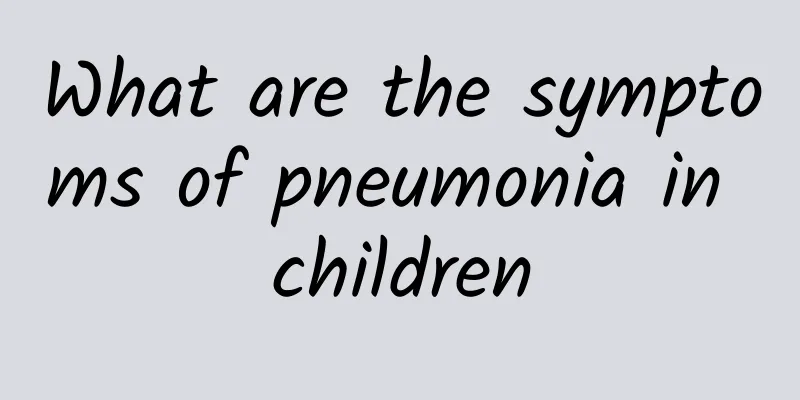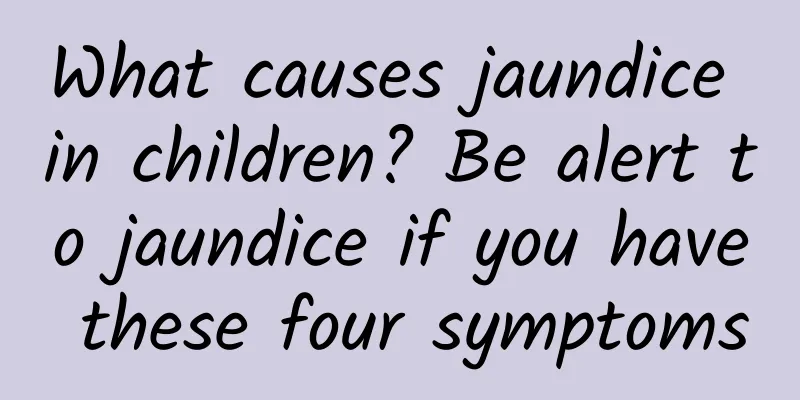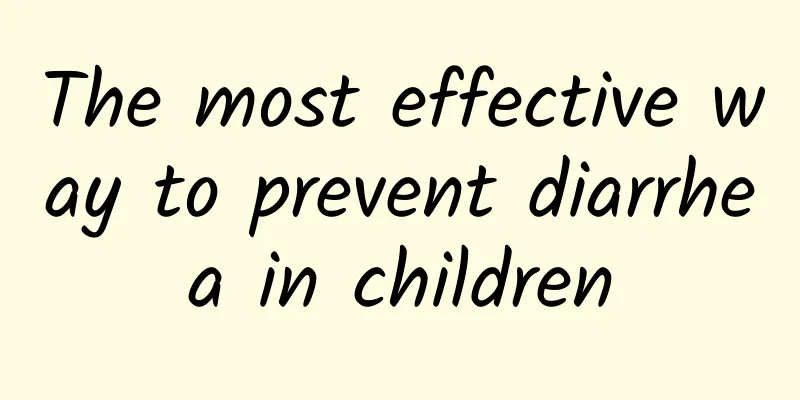What does the examination for pneumonia in children include?

|
Getting sick is not scary, what is scary is that the diagnosis is unclear and the treatment is delayed. The same is true for neonatal pneumonia. If the child encounters symptoms such as bad spirits, fever, colds, etc., go to the hospital for medical treatment and check the child to see what the disease is. If it is pneumonia, it can be confirmed based on the following three tests. I hope mothers of children will understand these three tests: 1. Blood routine test Routine blood test is the most common and basic blood test. Blood is composed of two major parts: liquid and visible cells. Routine blood test tests the cell part of blood. Diseases can be judged by observing the changes in quantity and morphological distribution. It is one of the commonly used auxiliary examination methods for doctors to diagnose diseases. This includes the total white blood cell count and neutrophils, lymphocytes, eosinophils, etc. White blood cells are important defensive weapons in the human body. When pathogens invade the body, white blood cells can phagocytize and eliminate pathogens. Therefore, the nature of the infection, the body's response state and prognosis can be roughly estimated from the total white blood cell count, classification and morphological changes. The total white blood cell count of children with bacterial pneumonia is mostly increased, generally up to (15-30)×109/L, and the neutrophil count is 60%-90%; in viral pneumonia, the total white blood cell count is mostly normal or low. 2. X-ray examination X-ray examination is often used as one of the auxiliary examination methods in medicine. There are two common X-ray examination methods in clinical practice: fluoroscopy and radiography. Fluoroscopy is more economical and convenient, and the examined part can be changed at will for multi-faceted observation, but it cannot leave an objective record and it is not easy to distinguish details. 3. Sputum culture and drug sensitivity test Through sputum culture, the type of pathogenic bacteria can be detected, so that appropriate drugs can be selected for treatment. The drug sensitivity test is used to measure drug sensitivity so that drugs can be used for treatment accurately and effectively. In addition, during the epidemic period of mycoplasma pneumonia, cold agglutination test should be performed to diagnose mycoplasma infection. Cold agglutination test is mainly used for auxiliary diagnosis of primary atypical pneumonia caused by mycoplasma pneumoniae. The above are the tests for confirming neonatal pneumonia. I hope mothers can increase their knowledge by reading the above content, so that their children can avoid the occurrence of these diseases under their care. If they do occur, when doing these tests, you must understand which ones are right and which ones must be done, so as not to sit idly by and know nothing. |
<<: Multi-faceted examination method for pneumonia in children
>>: Pneumonia examination items for children
Recommend
How to take care of a baby with a red buttocks
When your baby has a red bottom, you need to be a...
What should I do if my fever exceeds 38 degrees due to hand, foot and mouth disease? How to prevent hand, foot and mouth disease
Hand, foot and mouth disease is a disease with a ...
What are the misunderstandings in the diagnosis and treatment of acute laryngitis in children?
What are the misconceptions about the diagnosis a...
Symptoms of vulvar dystrophy
Vulvar dystrophy generally presents clinically as...
What are the causes of children's cough and fever? Can children's cough and fever be caused by pneumonia?
Children's cough and fever may be related to ...
How to treat mumps in children and get better faster
Treatment of mumps in children requires a combina...
How to treat yellow complexion? Pay attention to these 6 points when you have a yellow complexion
A yellow face is caused by many factors. Staying ...
What can I eat to treat convulsions?
Convulsion is a common disease in life. When it o...
The effect of Hutong cold granules for children, 2 symptoms need to take Hutong cold granules for children
Xiaoer Hutong Cold Granules can relieve fever and...
What are the causes of diarrhea in children? Parents should take care of children with diarrhea in this way
At the turn of spring and summer, the weather cha...
The most scientific way to prevent diarrhea in children
The best way to prevent and treat diarrhea in chi...
Can indigestion in children cause diarrhea? How does traditional Chinese medicine improve indigestion?
Nowadays, some babies usually suffer from indiges...
What are the symptoms of chronic mumps
The symptoms of chronic mumps are mainly recurren...
What are the causes of jaundice in babies?
Infant jaundice is mainly caused by the physiolog...
Does jaundice make the body sensitive to heat or cold?
There is no clear data or research to show whethe...









